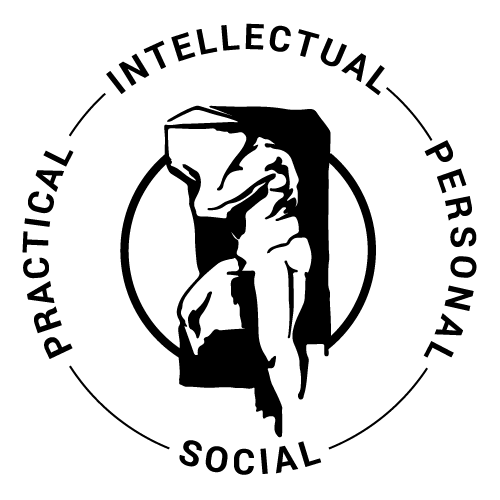In this article on the New York Times Opinionator Blog, philosopher Justin McBrayer rightly laments the amorality rampant in the culture under the guise of cultural relativism.
“[T]he overwhelming majority of college freshman in their classrooms view moral claims as mere opinions that are not true or are true only relative to a culture. ”
“A misleading distinction between fact and opinion is embedded in the Common Core.”
— Justin P. McBrayer

Philosophy professor Justin McBrayer teaching in France over tea.
McBrayer lays the blame for this scourge on the public schools, and focuses in on the epistemological relativism pushed by Common Core. And he does a great job of unpacking the dire moral and political consequences.
But he eschews the idea that philosophy is responsible for this disaster. Yet students in many private schools are subjected to the same ideological program. Where does he think these teachers get their ideas? Does he think they come up with them on their own?
No — they learned them in college, where the drumbeat out of philosophy into anthropology, history, politics, economics, science — all the humanities — has been relativism for almost a century. The weighty cultural anthropologists starting with Franz Boas, and including Ruth Benedict and Margaret Mead, used their research as evidence for this philosophical point of view.
“The Malificent of this story lurks squarely in the philosopher’s cave.”
— Marsha Familaro Enright
But Boas studied philosophy in Germany where you can find Marx arguing for deterministic relativism based on one’s economic class, and Nietzsche’s biological relativism allowing the Uber Mensch powers denied to other mortals. And before them, Herder and Hume pushed relativistic arguments. More deeply, however, Kant and others attacked reason’s power and objectivity. Without that as McBrayer mentions, how does one argue for moral objectivity?
Unfortunately, the Malificent of this story lurks squarely in the philosopher’s cave. This is why an education in philosophy and in reason’s power to know reality is crucial — from grade school to graduate school.



